
‘Fear' and ‘anger': Teen records ICE agents smashing van window in Waltham
Two men were detained by federal immigration agents after one broke the window of a van Tuesday, the latest such incident in Massachusetts

Two men were detained by federal immigration agents after one broke the window of a van Tuesday, the latest such incident in Massachusetts
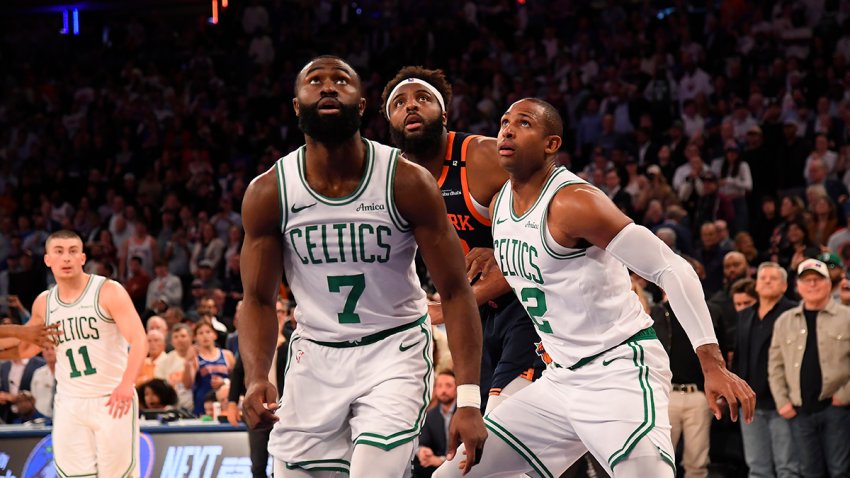
Beating the Knicks in Game 5 without Jayson Tatum will take a group effort from the Celtics’ battle-tested veterans.
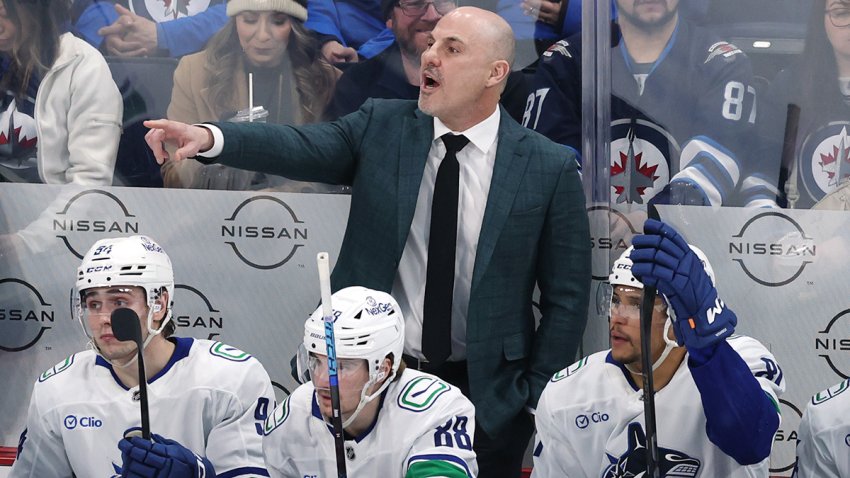
The Bruins are searching for a new head coach. Should they consider Rick Tocchet?
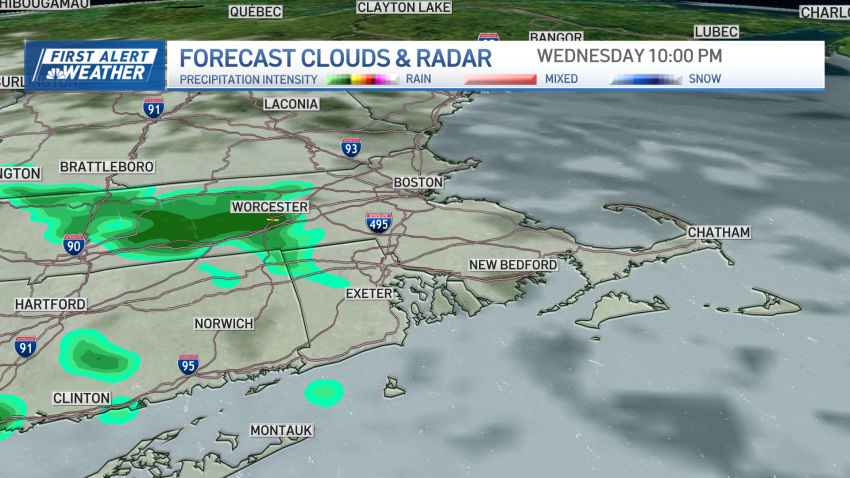
Enjoy the sun while you can! More rain is headed to the Boston area this week.
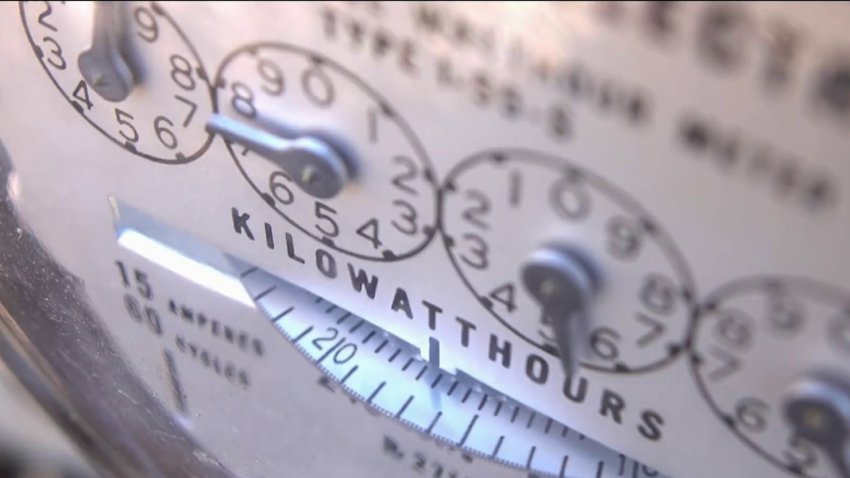

A falling tree branch seriously injured a child and also hurt a woman with the child at the Franklin Park Zoo in Boston Tuesday afternoon, state police said.


Primary care physicians pleaded with lawmakers Monday to devote new funding toward the sector, warning that staff shortages and long waits for appointments will worsen without action.

Drake Maye is approaching Year 2 a little differently, and that’s a good thing for the Patriots.

Milton Williams found out very quickly that Patriots head coach Mike Vrabel plans to hold him to a higher standard, writes Phil Perry.

Kendrick Bourne sees himself as a great fit in Josh McDaniels’ Patriots offense.

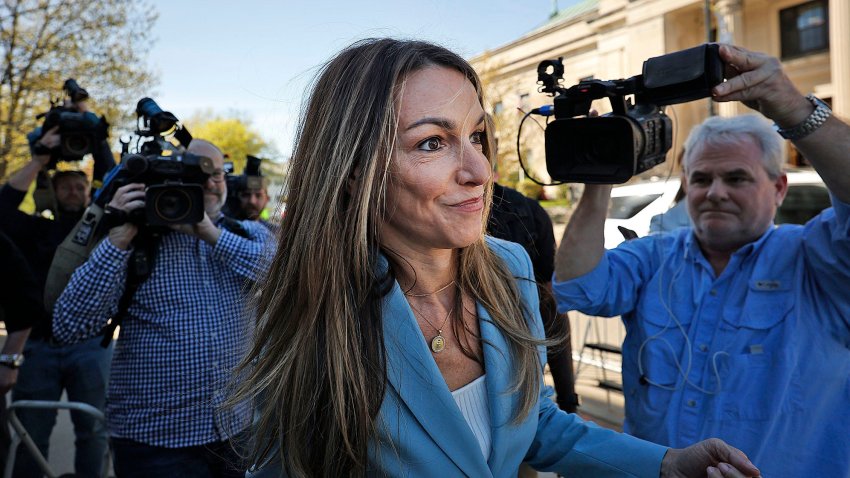
Testimony was canceled Tuesday in the Karen Read murder trial because Read is sick, sources told NBC10 Boston

Cash-strapped Cambridge cancer biotech halves workforce